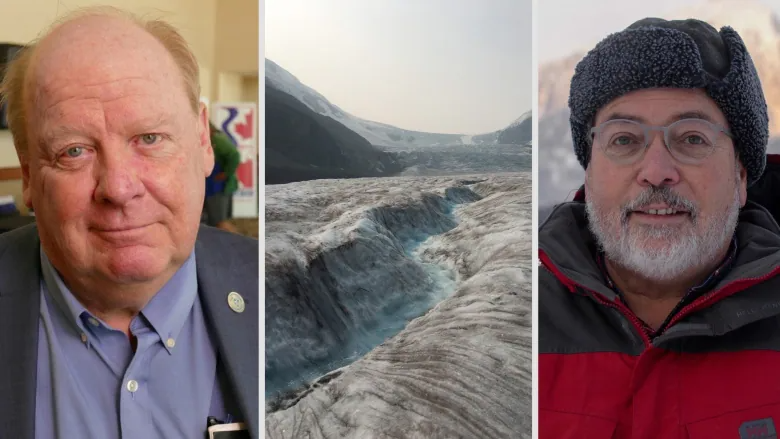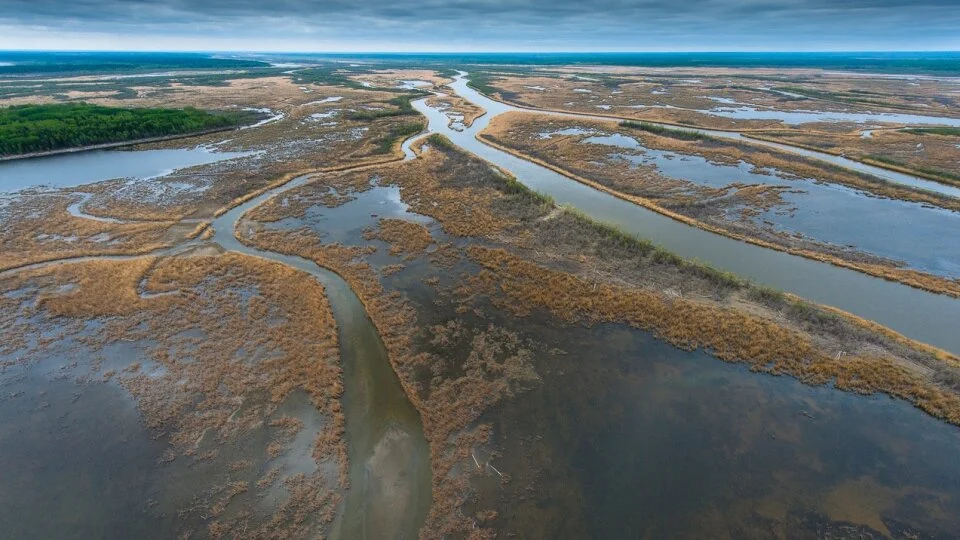Archeologists, historians and divers are trying to digitally capture more than 1,000 shipwrecks at the bottom of the Great Lakes before they become unrecognizable after a combination of invasive mussels and climate change have accelerated their deterioration at an alarming rate. The Great Lakes region is known among diving circles as one of the best places in the world to explore shipwrecks because the cold, fresh water offers ideal conditions for their preservation, even in shallow water.
Miners Find 2 Billion-Year-Old Water Reserve and There Is Something Living in It
Water is regarded as the second most important source of life, behind air, which most organic life requires constantly. The oldest water in the world is found in Canada, specifically the Kidd Creek mine in northern Ontario. In 2016, researchers discovered what is thought to be the oldest water, estimated to be at least 2 billion years old, but more likely 2.7 billion. The circumstances at the mine's bottom have been ideal for preserving the water. This ancient water was discovered at a depth of 2.5 kilometers (1.5 miles) because the Kidd Creek mine is the world's deepest basal metal mine, holding numerous metal minerals such as copper, zinc, and silver.
IMPAC5
Or consider how climate change is also melting ice and glaciers in the Arctic. For Inuit, this means that the traditional way of life is being disrupted and destroyed. That same ice melt is also raising water levels, endangering coastal communities and island nations. Tuvalu, for example, is building a digital version of its country to preserve its history, culture and language. If things continue on this course, there is a good chance the nation will be submerged by the end of the century.
UN to recognize glacier preservation in 2025 thanks to Canadian researchers
The United Nations General Assembly has adopted a resolution to declare 2025 the International Year of Glaciers' Preservation — a concept Coldwater Lab director John Pomeroy says is rooted close to home in Canmore, Alta. The declaration is something researchers in Canada hope will help wake up the world that it needs to change course. More than symbolic, it's a year when scientists will release findings and share climate models and projections linked to the disappearance of glaciers, and conferences will raise the profile of this issue.
World Wetlands Day focused on improving awareness, protection for Sask. ecosystems
Experts are hoping World Wetlands Day gets people interested in protecting the shrinking ecosystems in Canada’s wetlands. Wetlands, both temporary and permanent, serve as a natural filter for larger bodies of water, replenish renewable water resources and serve as a home to many species. "The wetlands do all these things and it's pretty easy to forget that," said Peter Leavitt, Canada Research Chair. Jeff Olson, managing director at Citizens Environmental Alliance, said it is important to remember all the good these areas do, but to also mourn the ones we have lost.






